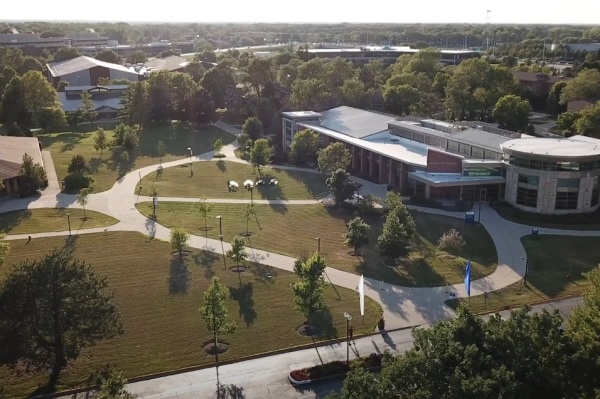US Admits 'Tragic Mistake' in Bombing Afghan Hospital, Killing Patients

An American investigation has concluded that the deadly October air strike on a hospital in Afghanistan ran by Doctors Without Borders that killed 30 people was a "tragic mistake" due to "human error."
The international relief group, also known as Medecins Sans Frontieres, has said that the U.S. violated the rules of war, and continued to call for an independent investigation into an incident.
"This was a tragic mistake. U.S. forces would never intentionally strike a hospital or other protected facilities," U.S. Army General John Campbell said, according to Reuters.
He added that some American personnel were suspended and could face disciplinary action over the incident.
The air strike at the MSF hospital in the Afghan city of Kunduz on October 3rd killed both staff members and patients, including at least three children.
While U.S. officials say they wrongly believed members of the Taliban were hiding out at the building, a statement in response to the investigation by MSF on Wednesday said that the explanation was not enough.
"The U.S. version of events presented today leaves MSF with more questions than answers. It is shocking that an attack can be carried out when US forces have neither eyes on a target nor access to a no-strike list, and have malfunctioning communications systems," the relief group said.
"It appears that 30 people were killed and hundreds of thousands of people are denied life-saving care in Kunduz simply because the MSF hospital was the closest large building to an open field and 'roughly matched' a description of an intended target."
The group also accused U.S. forces of "gross negligence" and of "violations of the rules of war."
"The destruction of a protected facility without verifying the target – in this case a functioning hospital full of medical staff and patients – cannot only be dismissed as individual human error or breaches of the U.S. rules of engagement," it added.
Campbell affirmed that MSF had indeed called U.S. forces during the attack to warn them they were bombing a hospital, and yet the military operation continued due to a "series of mistakes."
A technical error in the aircraft's mapping system initially led American forces to target the wrong building, the investigation said, yet the attack was carried out despite no hostile enemy activity being detected at the MSF building.
"Tragically, this misidentification continued throughout the remainder of the operation even though there were contradictory indicators," Campbell explained.
"These are examples of human and procedural errors," he said.
Rep. Mac Thornberry, the Republican chairman of the House Armed Services Committee, responded to the findings by promising that all efforts will be made to prevent such a tragedy in the future.
"It is clear that process failures on multiple levels were involved," Thornberry said, according to CNN. "We will continue to oversee the investigation as it proceeds, and work closely with our forces in Afghanistan to ensure this tragedy is not repeated."
In the days following the attack in October, President Barack Obama called Dr. Joanne Liu, president of Doctors Without Borders, to express his regret and offer "his thoughts and prayers on behalf of the American people to the victims, their families, and loved ones."
Liu has continued to call for the U.S. to agree to an independent investigation into the tragedy, however, calling it "the biggest loss of life for our organization in an air strike."






















